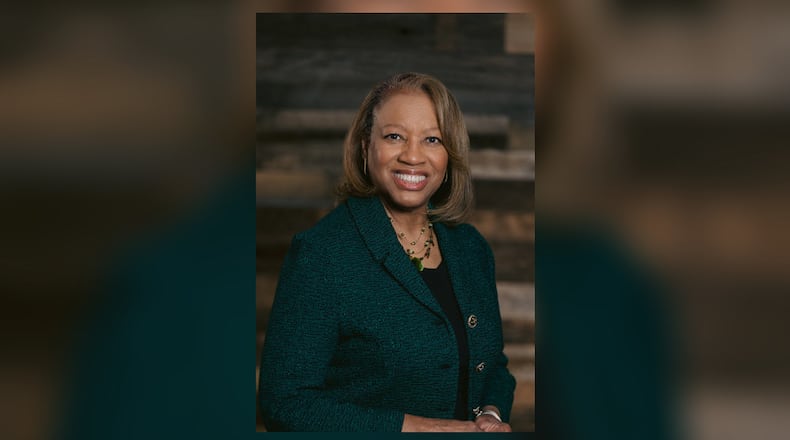January is Mental Wellness Month. This month is dedicated to breaking the stigma associated with mental illness. The National Alliance on Mental Illness (NAMI) reports one in five American adults experiences mental unwellness in a year. That’s more than 14 million adults. Many people have co-occurring disorders, such as substance misuse or medical conditions, which contribute to mental health challenges.
The COVID-19 pandemic made something perfectly clear. When we are isolated from others, our mental wellness suffers. We hoped life would return to “normal” when stay-at-home orders were lifted. That did not happen. Much of the workforce continues to work from home. While the research shows there are some benefits to that, there is also a price. Working from home means hallway chats, lunches with team members and impromptu gatherings are not happening as often among co-workers. We tend to lose effective social ties.
On May 3, 2023, U.S. Surgeon General Dr. Vivek Murthy released an advisory calling attention to the public health crisis of loneliness, isolation, and lack of connection in our country. Dr. Vivek declared that loneliness and isolation have become an epidemic for the first time in our nation’s history. The report shows the physical price we pay when we experience insufficient connection, including a 29% increased risk of heart disease, a 32% increased risk of stroke, and a 50% increased risk of developing dementia for older adults. Additionally, a lack of social connection increases the risk of premature death by more than 60%.
There are steps each of us can take to protect our own mental wellness, and signs to notice when a loved one may need support. The Mental Health Center at Cedar Sinai published a helpful article called 21 Ways to Celebrate Mental Wellness Month. The list includes practical suggestions, such as starting a conversation with someone about mental health to break the stigma of seeking treatment. We can volunteer and interact at a local shelter for those experiencing homelessness, a library, or a food bank. Volunteering can help us connect with others who share a common passion. It’s also important for us to practice self-care by finding ways to show love and compassion to ourselves. I encourage you to read the entire list and choose one or two new activities to try this month.
Many of us either gave or received video games, gaming consoles, or digital devices for holiday gifts. Did you know that an estimated $23 billion is spent annually to make games, apps, and devices more addictive? You might be stunned at the data available at your fingertips on the digitaldetox101 website. The website shares some tips that might help you recognize the signs of digital addiction in yourself or others. Those signs include feeling distressed, anxious, or depressed when leaving the device for a length of time or using technology to avoid schoolwork, family time, or other obligations. You can also find 101 ways to disconnect from technology and connect more with family and friends. The best part is most of these ideas are free!
The bottom line is that no one should suffer alone or in silence. Montgomery County ADAMHS has resources available to support mental wellness, not just in January but 24/7 all year round. The best place to start is our website, www.mcadamhs.org. Be Well.
Helen Jones-Kelley, is Executive Director of Montgomery County ADAMHS.
About the Author
